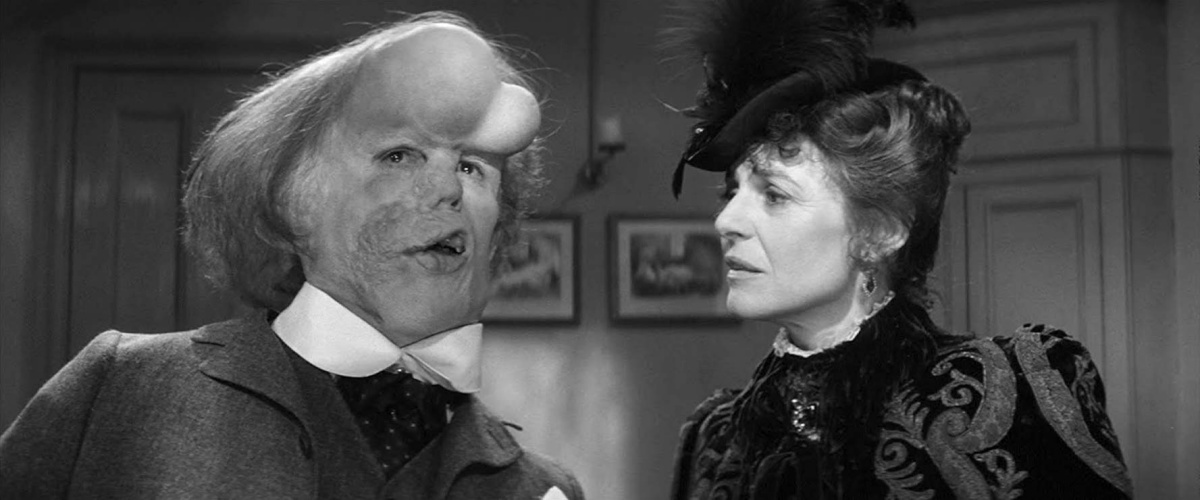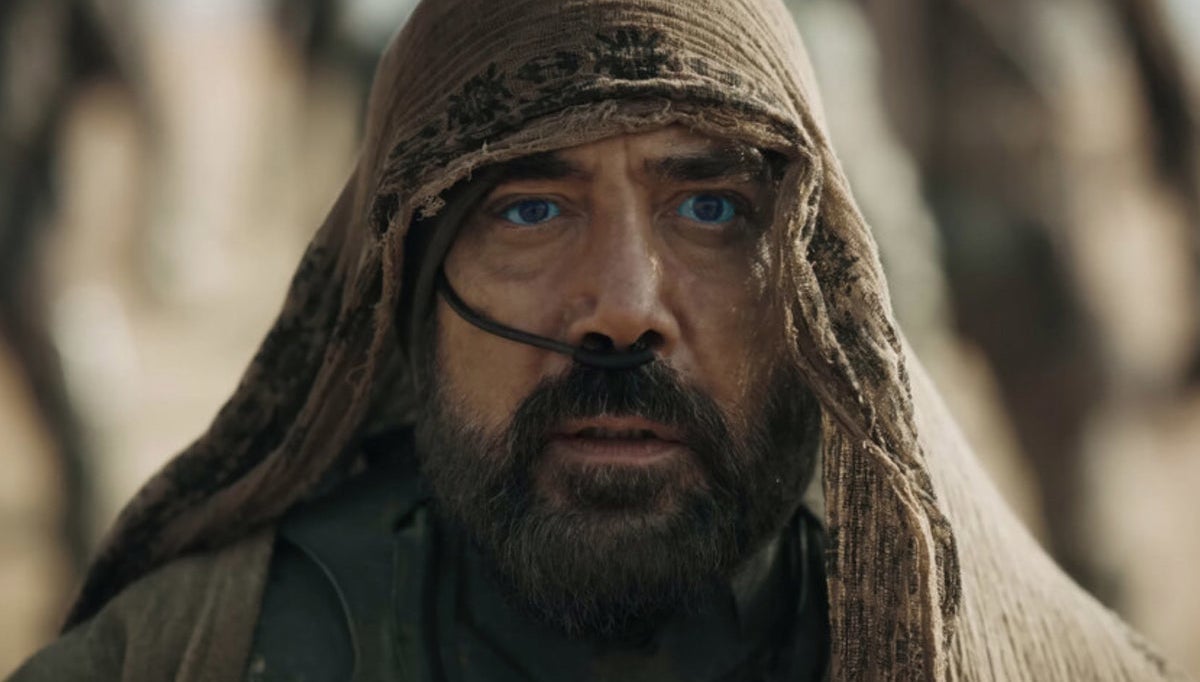The BBC is currently facing criticism for their casting choice in the current remake of The Elephant Man, where Stranger Things‘ Charlie Heaton (Jonathan) will play Joseph Merrick.
Merrick’s story has been frequently adapted, most well known in David Lynch’s 1980s movie The Elephant Man, starring Anthony Hopkins, with Jon Hurt as Merrick. In film, television, and plays, Merrick has been played by actors who are able-bodied.
The British disability equality charity Scope has called out the BBC for continuing this pattern by choosing to cast the Stranger Things actor rather than a disabled actor, according to ET Canada. “It’s disappointing that a disabled actor has not been cast in the remake of The Elephant Man, as it’s one of the most recognizable films to portray a disabled character,” said Phil Talbot, Scope’s head of communications.
Talbot brought up the fact that, in the film industry, there’s a constant lack of diversity when it comes to hiring disabled actors in the first place, with studios still not working to make roles accessible for disabled actors. “Disabled actors still often face huge barriers to break into the business. Not only are the roles few and far between but castings and locations are often not accessible. […] There is a massive pool of disabled talent being overlooked. The creative industries should be embracing and celebrating difference and diversity, not ignoring it.”
A BBC spokesperson responded, saying, “The Elephant Man is an iconic drama that has had an important role to play in highlighting changing attitudes to disability and we are currently in the process of casting disabled actors in a variety of key roles.”
Sure.
When it comes to narratives about disabled people, many of us who are able-bodied tend to make excuses or hand-wave the issues in some ways, because we like the end product, tell ourselves that hiring a disabled actor would be “hard,” and design straw man arguments like “so we should just grab any disabled person and put them in a lead role?” No, you should hire trained disabled actors.
VisABLE People is an agency that specializes in getting disabled actors roles in the advertising industry, television, film, radio, and theatre. I mean, it’s not as if it hasn’t been done before, or did we forget that Marlee Matlin exists?
We also need to realize that part of the problem is how stories like The Elephant Man deeply infantilize disabled bodies. As the video above (@11:18) by Sarah the Scrivener from the Disney and pop culture analysis channel, the Princess and the Scrivener, breaks down the problem with The Elephant Man in a video essay on disabled/disfigured representation.
Sarah the Scrivener says this:
“There is a systemic problem with the way we tell stories about disability and disfigurement: they are rarely about disfigured or disabled people as people. They’re about the tragedy and pity of disability, the inspiration found in great suffering, and how some people are really just objects to stare and laugh at. And The Elephant Man is an exceptional example of this.”
Disabled people do not exist to make abled people feel enlightened or to have their pain be a reminder of their humanity. The dismissal of their humanity is something able-bodied people need to fix, because we are the ones doing it and perpetuate it. They exist beyond their disabilities, and failing to cast disabled actors, and excusing the film and theatre industry for continuing to do so, only proves that these narratives only create superficial empathy.
If you really care about disabled people, you should want them to be able to work, and not say that their wanting to do so is an inconvenience.
[Edit: Some changes were made for clarity at the request of the Sarah the Scrivener, again check out her videos they are great!]
(via ET Canada, image: Paramount)
Want more stories like this? Become a subscriber and support the site!
—The Mary Sue has a strict comment policy that forbids, but is not limited to, personal insults toward anyone, hate speech, and trolling.—










Published: Aug 30, 2018 01:26 pm